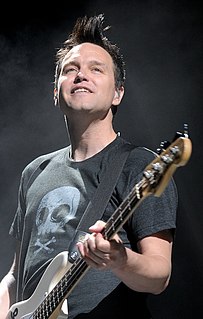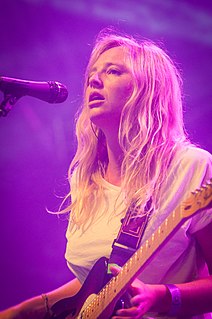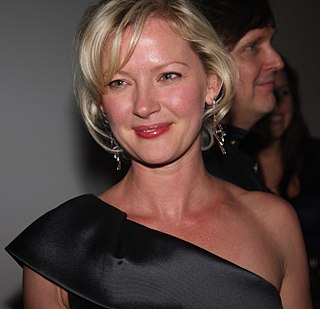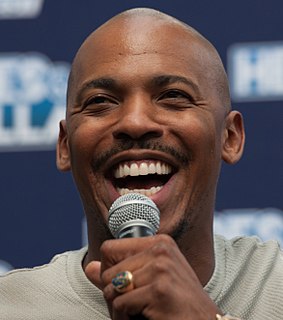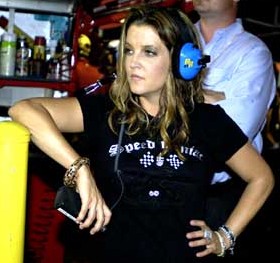A Quote by Ken Livingstone
What defines someone's music taste is their teens and early 20s. It's that combination of your sexual awakening and the music of the time, it fixes you forever.
Related Quotes
There was a time in my late teens and early 20s where I was motivated by this wanting to get out, to prove to the world that I had something to offer - that kind of youthful spirit, where maybe I had my eye on fame and fortune. I mellowed out in my late 20s and now that I'm in my early 30s, I'm coming to peace with it.
You can learn to write. But what you write is something that depends on your taste and on your vision or whatever. Also, of course, the music I listened to inspired my idea of music. When people ask me "Where's your inspiration? Where does it come from?" I have no idea. Music is about music. Not about life and love.
Early American music and early folk music, before the record became popular and before there were pop stars and before there were venues made to present music where people bought tickets, people played music in the community, and it was much more part of a fabric of everyday life. I call that music 'root music.'



